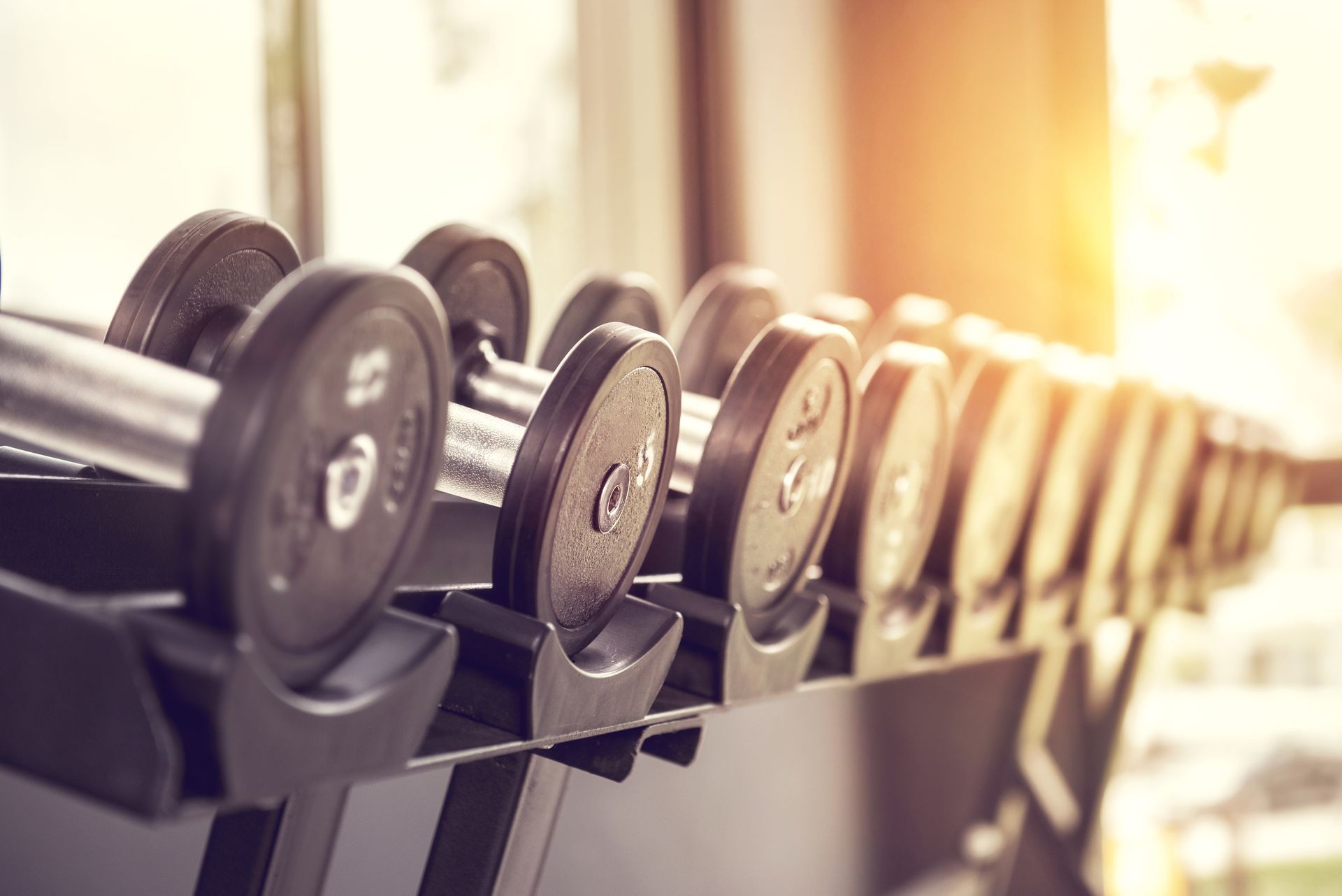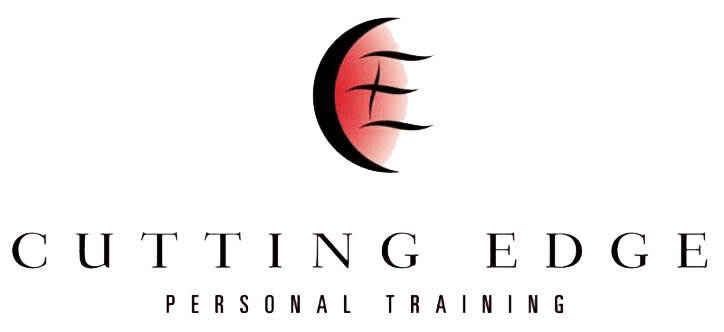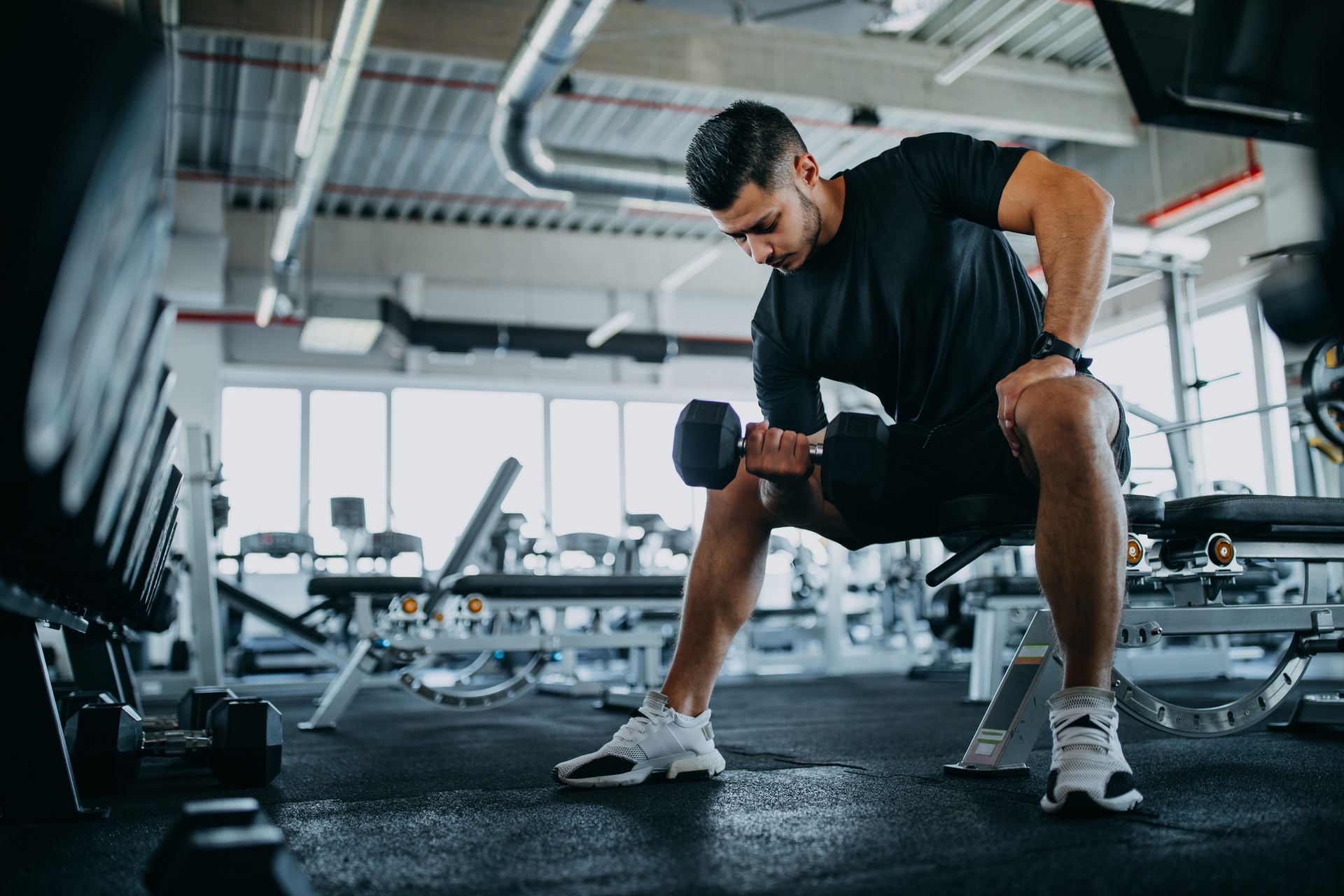November 8, 2024
The Essential Supplements for Health and Body Transformation: A Nashville Personal Trainer's Guide
A Nashville Personal Trainer's Guide to Supplements
One of the most common questions I get asked as a personal trainer is, “What supplements should I be taking to improve my health and body transformation?” Whatever your health and fitness goals are, supplements can play a key role in supporting your efforts.
In this post, I’ll break down the "must-have" supplements that can benefit almost everyone and a few that may depend on your individual needs. These recommendations are based on years of personal training experience and are backed by scientific research, ensuring you're getting the most out of your supplement routine.
Must-Have Supplements for Most People
Whether you’re new to fitness or have been working with a trainer for years, these supplements are widely recommended for building muscle, burning fat, and maintaining overall health.
1. Protein Powder
- Why: Protein is crucial for muscle recovery and growth. It can be tough to hit your daily protein goals from food alone, which is why a supplement is so helpful.
- Recommended Use: 20-30g post-workout or throughout the day to meet your daily protein intake.
2. Creatine Monohydrate
- Why: Creatine is one of the most researched supplements for increasing strength and muscle mass. It’s a must for anyone serious about their training.
- Recommended Use: 3-5g daily for consistent performance gains.
3. Omega-3 Fatty Acids
- Why: Omega-3s reduce inflammation and support heart health, which is especially important during intense training phases.
- Recommended Use: 1-3g of combined EPA and DHA daily.
4. Multivitamin
- Why: Ensures you're covering your bases when it comes to essential nutrients. Busy schedules or calorie-restricted diets can lead to gaps in your intake.
- Recommended Use: 1 serving daily with food.
5. Vitamin D3
- Why: A common deficiency, especially for those who spend a lot of time indoors or live in areas with low sunlight. Vitamin D is critical for bone health and immune function.
- Recommended Use: 2000-5000 IU daily.
Case-by-Case Supplements
These supplements can be beneficial depending on your specific health goals and training intensity. Consider these based on your needs and preferences.
1. Magnesium
- Why: Helps with muscle relaxation, recovery, and sleep quality, but may not be necessary for everyone.
- For: People struggling with sleep or muscle recovery.
2. Probiotics
- Why: Supports gut health and nutrient absorption. Probiotics can help balance digestion, especially if you’ve had digestive issues.
- For: Those with digestive concerns or recovering from antibiotic use.
3. L-Carnitine
- Why: L-Carnitine helps with fat metabolism, making it a solid addition if fat loss is your primary goal.
- For: Individuals focused on fat loss.
4. Collagen Peptides
- Why: Supports joint health and skin elasticity, especially beneficial for those putting stress on their joints through strength training.
- For: People experiencing joint discomfort or looking to maintain skin health.
5. Ashwagandha
- Why: Helps with stress management and recovery, which can be important if your training is intense or your stress levels are high.
- For: Individuals dealing with chronic stress or those needing help with recovery.
6. BCAAs (Branched-Chain Amino Acids)
- Why: If your protein intake is low, BCAAs can help reduce muscle breakdown during workouts.
- For: People training fasted or with lower protein intake.
Supplement Transparency: What to Look For
One of the most important things I tell my clients is to pay attention to supplement labels. One of the biggest red flags in the supplement industry is the use of “proprietary blends.” These blends allow companies to hide how much of each ingredient is actually in the product, which often results in key ingredients being underdosed.
Always look for supplements that list the exact amounts of each ingredient. Additionally, third-party testing is critical. Look for certifications like NSF Certified for Sport or Informed-Sport to guarantee the product is safe and accurately labeled.
Final Thoughts
Whether you’re new to fitness or have been working with a coach, the right supplements can support your journey toward better health and fitness. The key is to focus on foundational supplements like protein, creatine, and omega-3s, while adding others as needed based on your individual goals.
If you’re looking for personalized advice on supplements, training, or nutrition, feel free to reach out! I work with clients both in Nashville and online to create customized plans that deliver results.





